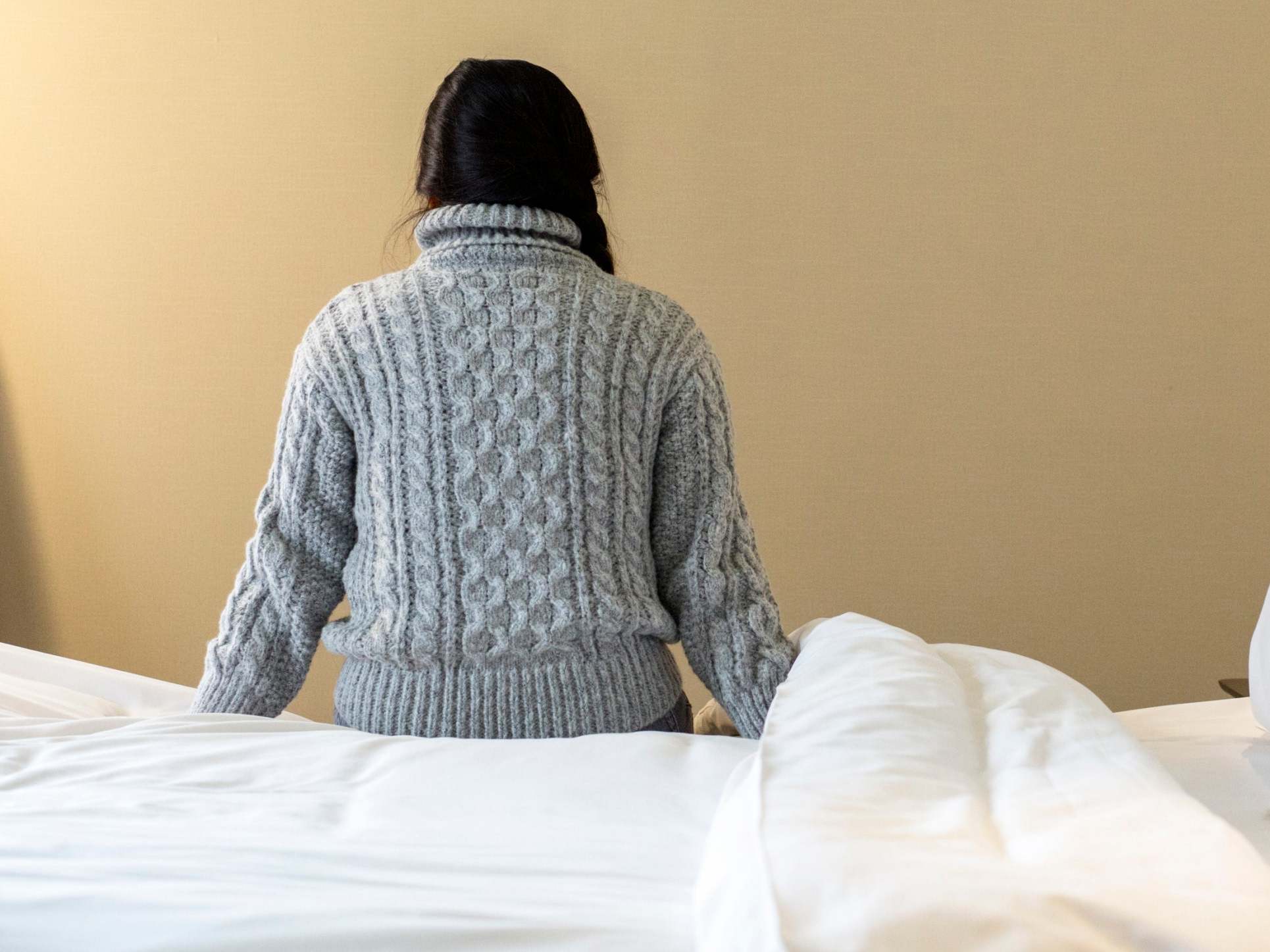Government launches crackdown on under-16s in unregulated accommodation amid exploitation fears
It is ‘unacceptable’ that children are being placed in unsafe settings, warns minister


The government will crack down on the use of unregulated accommodation for children in care – which includes hostels, hotels and caravans – amid growing concerns that under-16s are being left in poor provision at risk of exploitation.
Placing children under the age of 16 into unregulated accommodation, which do not deliver care, will become illegal under plans announced by education secretary Gavin Williamson.
The move follows warnings that the number of children being placed in inappropriate, and sometimes unsafe, accommodation is on the rise amid a shortage of provision and funding cuts.
Children are being housed in independent or semi-independent settings, often miles away from their family home, putting them at greater risk of criminal or sexual exploitation, charities have said.
More than 6,000 looked-after young people in England are living in unregulated accommodation, with up to 100 under-16s living in unregulated provision on any given night.
Under the plans, which are out for consultation, councils will be banned from placing children under 16 in unregulated accommodation.
These settings are often flats and houses, which do not provide care, but they can also be holiday parks and houseboats.
The government would also introduce national minimum standards for unregulated accommodation to improve the quality and security of the placements.
Schools watchdog Ofsted is also set to be given new legal powers to crack down on illegal providers, forcing them to close, register or face a penalty.
Anne Longfield, the children’s commissioner for England, said the proposals were “long overdue”.
“I have heard horror stories about very vulnerable children being left to stay in completely inappropriate and sometimes very risky places, often miles away from the place they know as home,” she said.
Ms Longfield added: “The government should now go further to make sure every child growing up in care lives in high-quality accommodation that suits their needs. This will require financial support for councils so they can grow their own good local provision for children in their local areas.”
The Local Government Association (LGA), which represents councils in England and Wales, has called on the government to better understand the pressures on accommodation for children in care and provide appropriate funding to ensure the right homes are available.
Judith Blake, from the LGA’s children and young people board, said: “Good quality unregulated settings can be the right accommodation for some young people as part of their transition to independence.”
She added: “The increasing use of unregulated settings is being driven by shortfalls in places in registered children’s homes and other settings, particularly for young people with more complex needs.
“The funding crisis facing children’s services is also hindering efforts to develop and maintain the right provision locally that meets the needs of young people.”
Katharine Sacks-Jones, chief executive at Become, the charity for children in care, said: “The growing use of unregulated accommodation is very worrying and reflects the urgent need to increase the number of safe and caring places for children and young people to live.”
She added that the government announcement “doesn’t go far enough” as she argues that no child under the age of 18 should be expected to live in an unregulated setting.
“All children deserve a stable place to call home which provides them with the safety and security they need to heal and thrive, not somewhere which places them at further risk of harm,” Ms Sacks-Jones said.
“We desperately need to tackle the wider issues which have led to an increasing number of children being placed in inappropriate settings, often miles away from their homes.”
Mr Williamson said: “There are no circumstances where a child under 16 should be placed in accommodation that does not keep them safe.
“That is unacceptable and I am taking urgent action to end this practice and drive up the quality of care provided to all vulnerable children.”
Join our commenting forum
Join thought-provoking conversations, follow other Independent readers and see their replies
Comments